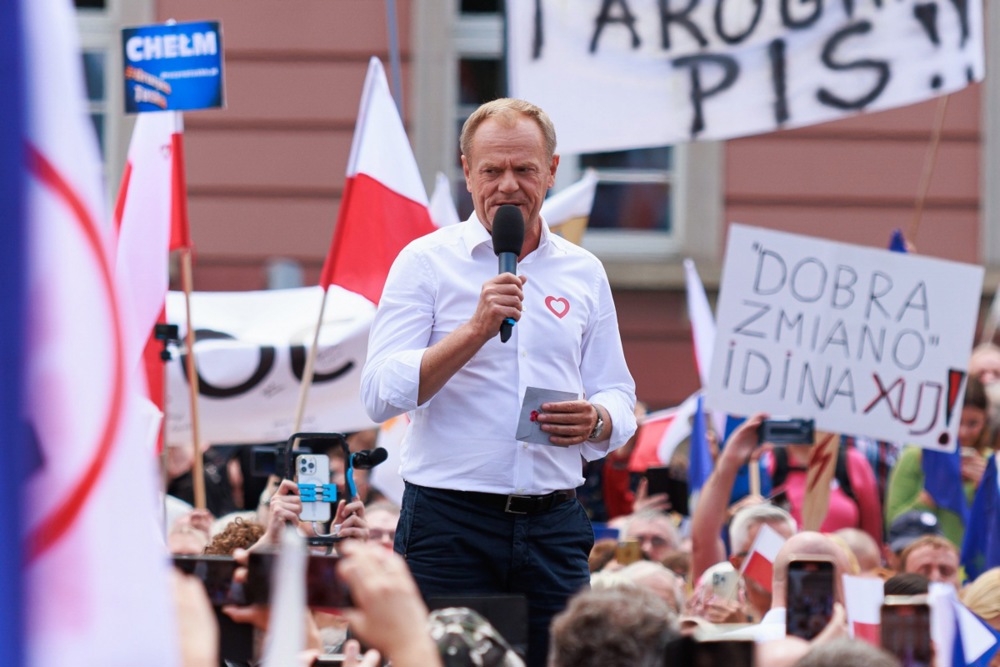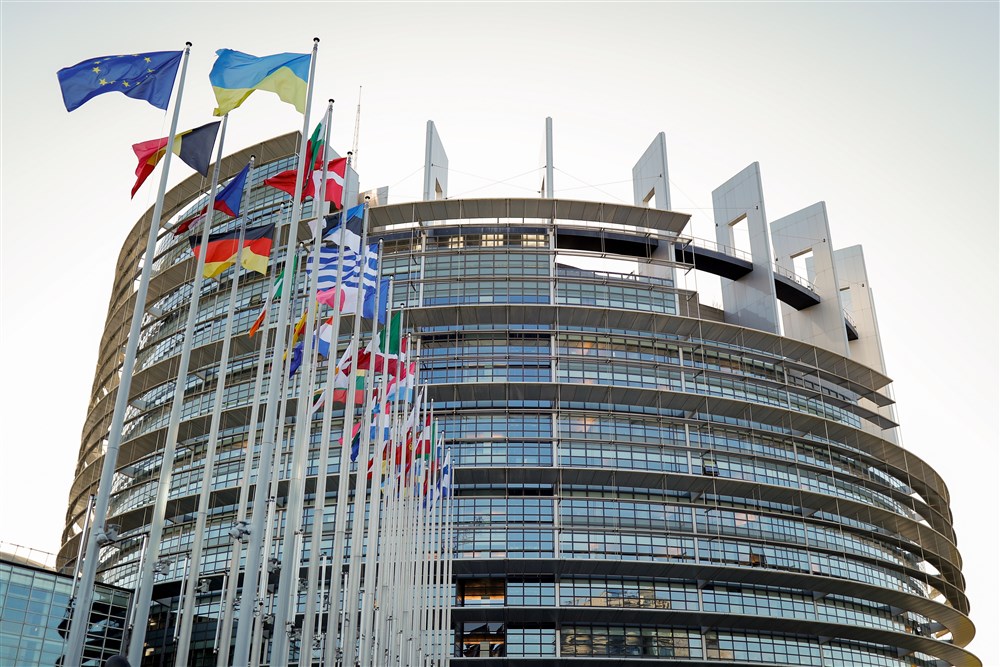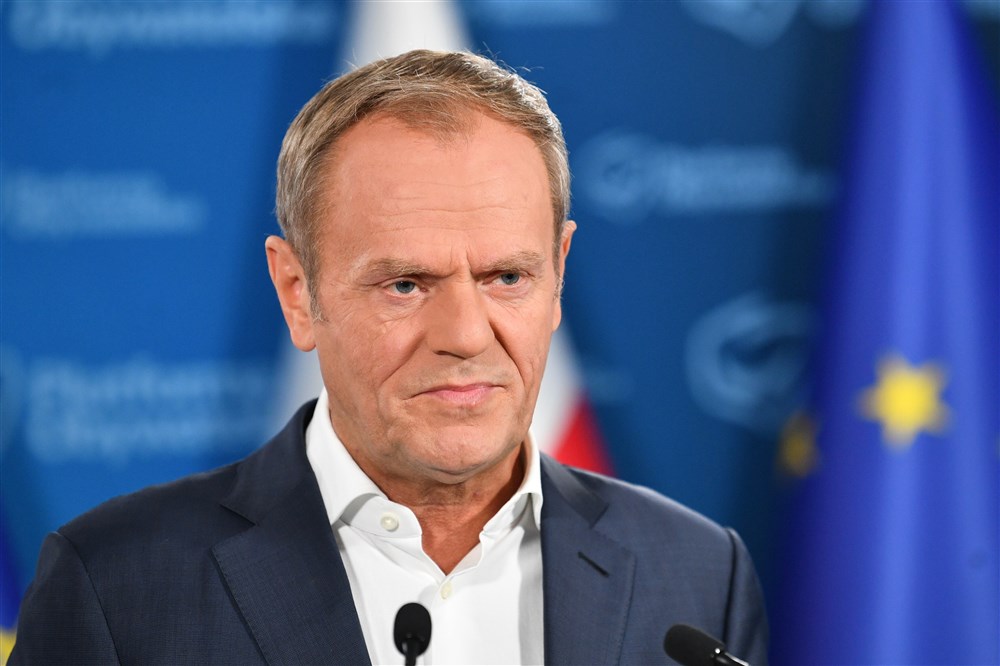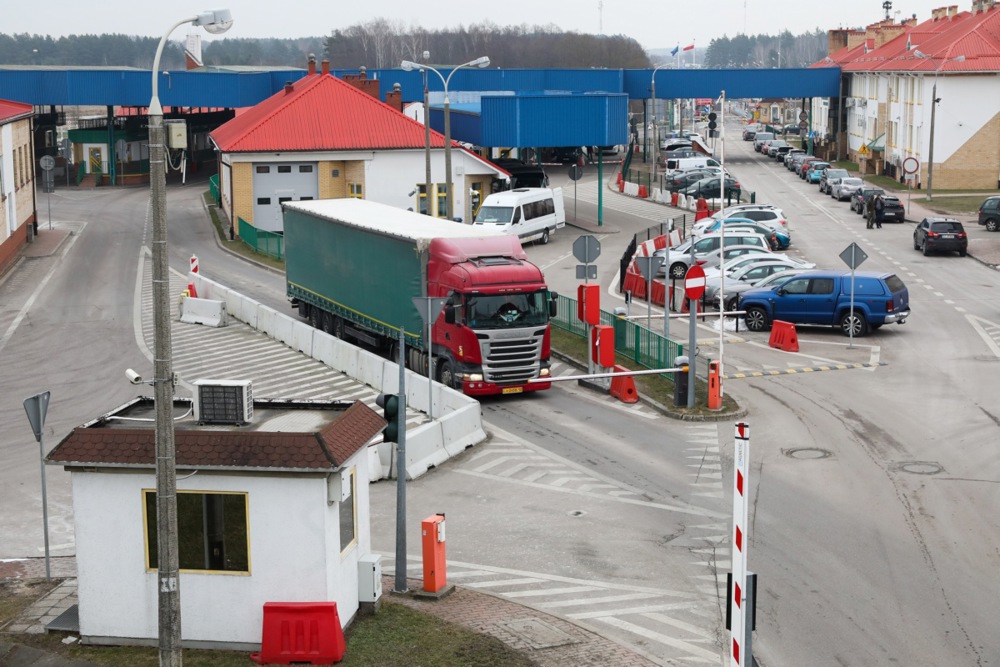Polish President Andrzej Duda has called parliamentary elections for 15 October amid opinion polls predicting no overall majority and a strong showing for a party that is sceptical both of the EU and continued support for Ukraine.
The election comes at the end of Poland’s parliamentary term and after opposition claims President Duda was plotting with the ruling conservative PiS to call a state of emergency over border tensions with Belarus.
Polling currently shows the ruling Conservative PiS, which has had a majority in parliament for the past eight years, in the lead with just over 35 per cent support: not enough for an outright majority.
The PiS vote has been reduced by the surprisingly strong showing of another right-wing party: Confederation, which is polling just short of 15 per cent. Confederation is an alliance of economic libertarians and nationalists who are sceptical about Poland’s massive support for Ukraine and who want Warsaw to be more assertive towards Brussels.
Poland’s electoral system is proportional representation, with a minimum threshold of 5 per cent for single parties and 8 per cent for coalitions of parties seeking seats in Parliament. The method tends to favour larger parties or coalitions, meaning PiS and Confederation together could be heading for a majority in the next assembly.
Some commentators believe PiS and Confederation will coalesce after the election because of their shared conservative values, despite Confederation leaders stating they do not want to keep PiS in power.
Confederation has been benefiting from a policy of equidistance from both PiS and the main opposition party, the Liberal PO. Confederation disagrees with the ruling party’s interventionist stance on the economy. They see PiS as a rival on the Right and are positioning themselves as a next-generation party equipped to replace PiS with their two young leaders: Sławomir Mentzen, 37, and Krzysztof Bosak, 41. The leader of the ruling Conservatives, Jarosław Kaczyński, is 74.
Support for the Liberal PO led by Donald Tusk is running at just under 30 per cent. The Left party and the centrist Polish People’s Party have both said they wish to form a government with the PO, but both are polling below 10 per cent.
The leaders of the EU’s mainstream have not hidden their desire to see the back of the PiS government. European Commission President Ursula von der Leyen has publicly declared she hopes to see Donald Tusk back in power, as has the leader of the European People’s Party, Manfred Weber.
The EU is however not expected to be an election issue. All parties support Poland’s continuing membership. The public is enthusiastic about the EU in principle, but less so in practice. Polling suggests Poles oppose joining the Euro-zone, the proposed EU Migration Pact on the relocation of illegal migrants, and climate policies that raise energy prices. On these issues the public is in line with PiS rather than the EU mainstream.
The opposition led by Tusk’s PO has given up hope of rallying the public against the ruling Conservatives on the rule of law tussle that has pitted Warsaw against Brussels, but hopes it can score points by promising to unblock the EU’s pandemic funds. The lack fund payouts (blocked by Brussels) has however made little impact on the Polish economy, which is performing well and delivering on social programmes, thereby increasing the the government’s popularity.
One economic issue that has hurt the ruling party is inflation, which has come down as the election approaches. Another issue is abortion. The party’s ratings fell by over 5 per cent during the protests against the constitutional court’s restrictions on abortion, and have never fully recovered.
The general election is to be combined with a referendum on the EU Migration Pact. The ruling party believes that holding both events on the same day will boost turnout, particularly of its supporters. Partly for this reason, its leaders are still hoping for another parliamentary majority.
An exotic coalition between the PO and Confederation is theoretically possible though seen as unlikely. It would be hard to explain to voters and heavily constrained by the fact that the President is a close ally of PiS, as are the head of the central bank and most members of the constitutional court. In these circumstances any coalition that does not include PiS would be in office rather than in power.





